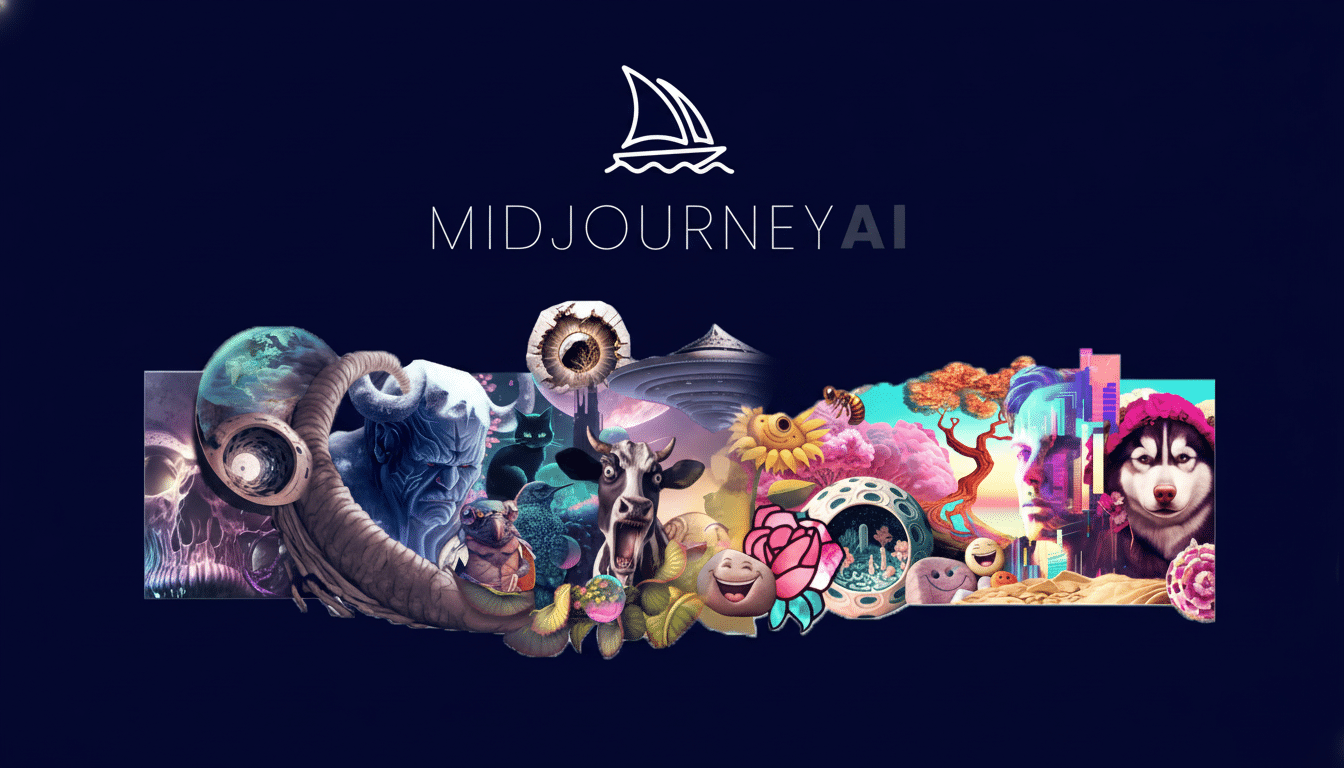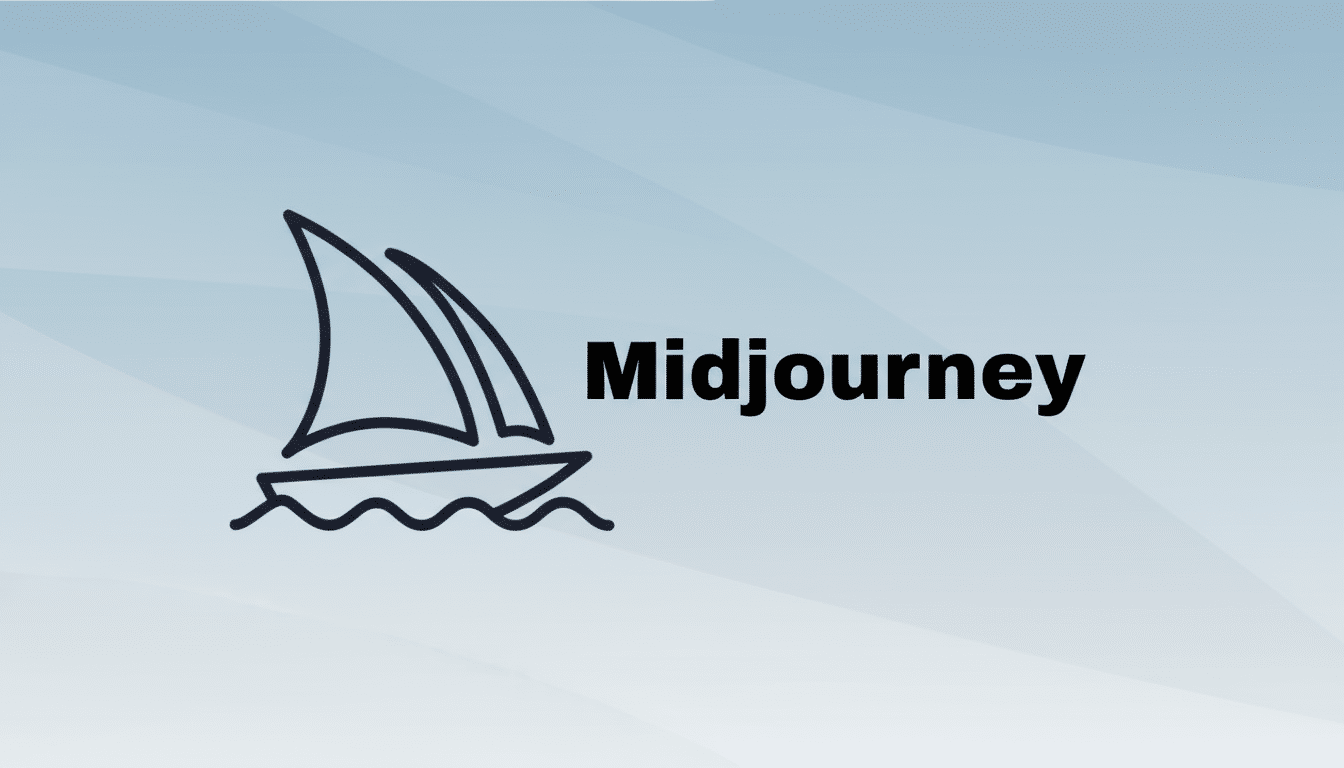Warner Bros. is suing Midjourney, a hot AI image startup, in a high-stakes case that claims that it contributed to users creating unlicensed images and videos of characters such as Superman, Batman, Bugs Bunny and other studio-owned characters. The complaint, first reported by Reuters, is aimed directly at what the studio refers to as a systemic lack of respect for copyright controls and a willful loosening of protections as the platform’s capabilities grew.
What Warner Bros. Alleges
The studio contends in the new court documents that Midjourney hosts a robust generative system that can produce “unmistakable, protected characters,” and that Midjourney took policy actions that effectively welcomed infringement. Midjourney had initially limited prompts to known IP (ironically, as a means of controlling “random” prompts), but it eventually loosened those restrictions in favor of letting subscribers to create work that closely resembles DC and Looney Tunes properties, the complaint says.

Warner Bros. is asking for monetary damages, the return of purported profits from those illegal outputs and a court order imposing greater limits. Copyright is the heart of it, but the case could also involve trademark and unfair competition theories, especially if the outputs lead to consumer confusion or dilution of famous marks associated with the studio’s franchises.
Midjourney’s Expected Defense
Midjourney has argued in these prior disputes that training on publicly available images can be fair use under U.S. law. Its reasoning generally separates eating the data for pattern learning from passing on the original output. The company also has a tendency to describe its outputs as user-driven, emphasizing that it is not hosting and selling the actual characters and people, but creating new images from text prompts.
However, when the outputs reproduce or closely evoke protected characters, the fair use debate is very different. U.S. copyright law considers well-delineated characters protectable expression, and studios often add trademark protection to the bundle of rights, in an effort to police brand associations. Legally, is the AI-generated Superman’s image a transformative parody or a derivative work which competes with the owners’ licensed uses—it is a line that courts have barely defined in relation to fully generative systems. Parallel Battles Shaping the Landscape In parallel with this case, Walt Disney and Universal filed a lawsuit against Midjourney, over similar uses with Darth Vade, Bart Simpson and Shrek’s characters. As such, it is apparently part of a coordinated front by the major media companies in restricting unlicensed character generation. Outside the Midjourney case, the courts are already dealing with related issues. Getty Images has sued Stability AI over training on watermarked photographs, and a group of artists in Andersen v. Stability AI have claimed that the training and its outputs are infringing derivative works. Additionally, a game-changing Supreme Court decision in Warhol v. Goldsmith changed the conception of “transformative” purpose in fair use, emphasizing the market substitution analysis, which may be significant when it comes to portrayal of fan-favorite characters for which a license was not acquired. Similarly, the U.S. Copyright Office has ruled that outputs from a fully AI-generated process are not eligible for copyright and is conducting policy options around training data transparency and compensation frameworks.

Why Characters Are a Different Kind of IP
Iconic characters function less as generic types and more as branded properties. Superman’s emblem, Batman’s cowl and Bugs Bunny’s likeness are carefully regulated in films, TV, toys and games. Licensing International is said to estimate that more than $300 billion worth of licensed merchandise is bought and sold around the globe each year, and studios spend big protecting the integrity and value of those brands.
Generative tools can also generate uncanny replicas or edgy reinterpretations at scale — content that would never pass through a studio’s legal affairs or brand review. From the rights-holder side, that erodes quality control, baffles the consumer, and chips at premium licensing arrangements. For the AI developer, such abrupt filtering poses a risk of smothering user creativity and growth, but too little filtering risks not only lawsuits but also injunctions.
What’s at Stake for AI Platforms
If Warner Bros. wins an injunction, Midjourney may immediately have to rush to install fine filters around names, visual cues and lookalike results. Some competitors have adopted a licensing approach – e.g. training on stock libraries, or cleared datasets – alongside content credentials and provenance signals. Industry organizations are supporting technical standards such as C2PA to label AI outputs, and policy discussions have considered the application of disclosure obligations and the use of opt-out mechanisms for training data at the U.S. Copyright Office.
Discovery might compel unparalleled scrutiny of Midjourney’s training corpus, safety tooling, and commercial plans. In turn, that may affect how other model developers weigh the trade-offs between open-ended generation and rights-compliant guardrails. It’s still possible that we could end up with compromise, royalty-tiered licensing for big franchises in exchange for rights to ogle Kojima’s stimulating character-level generation or something – though I do believe that the courts will have no choice but to decide otherwise if they determine that character-level generation was a risky venture that should not have been entertained without approval.
Two lawsuits are feeding a perception that generative artificial intelligence is using cultural icons that studios consider crown jewels. However the court rules — injunctions, damages, a settlement, a road map back toward licensed production — the result will set a playbook for IP compliance among the most valuable characters in entertainment.

